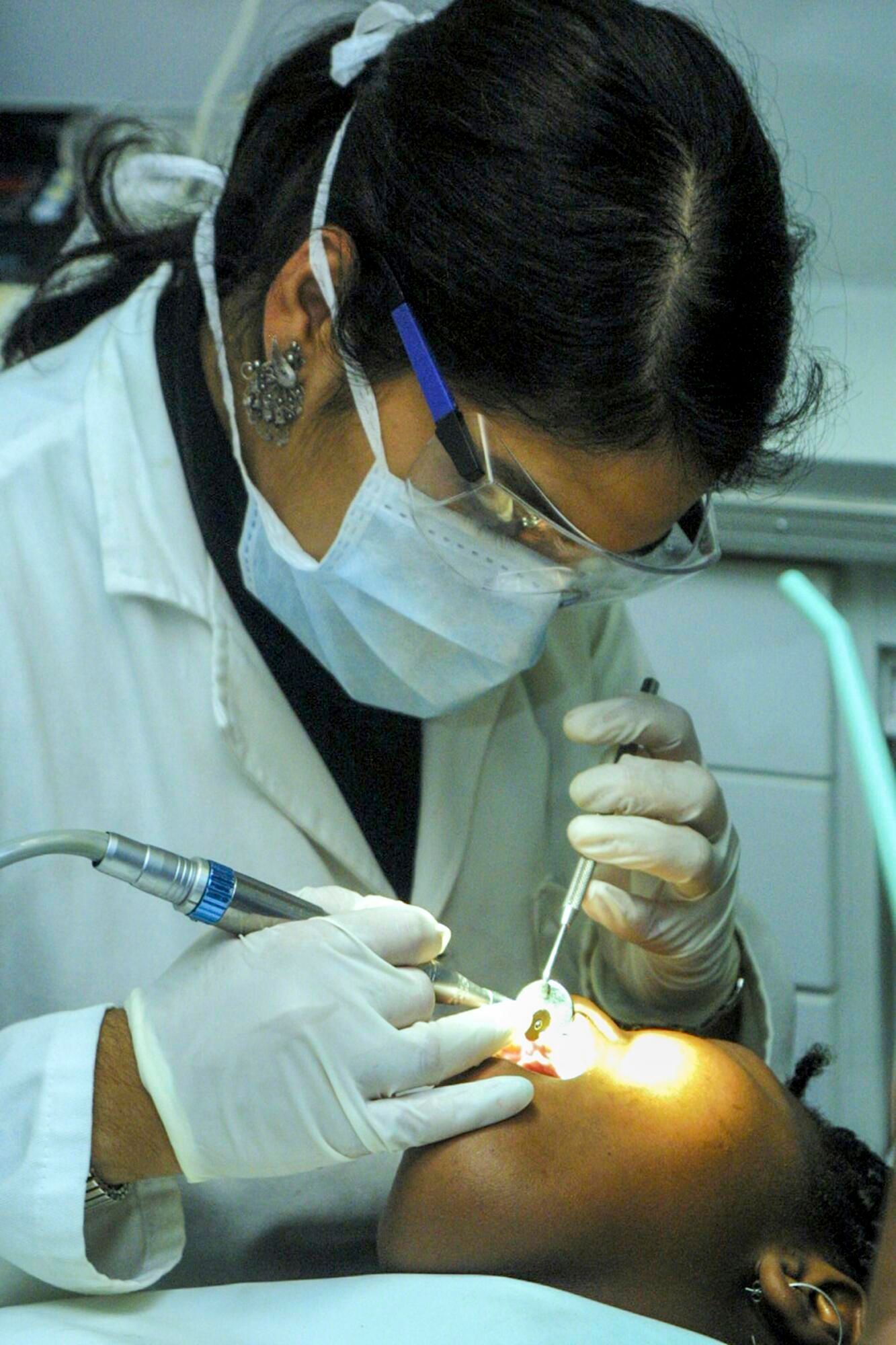Correcting teeth and their supporting structures can significantly impact one's oral health. Dentoalveolar surgery plays a crucial role in achieving this. It involves various procedures to address issues with the teeth, gums, and jawbones.
In this article, we'll explore the procedures involved in dentoalveolar surgery, the benefits you can expect, and essential post-surgery care tips. These insights will help you understand why this surgery is important and how it can enhance your overall dental health.
Read on to discover the essential aspects of dentoalveolar surgery and how it can improve your life.
What Is Dentoalveolar Surgery?
Dentoalveolar surgery involves surgical procedures on the teeth, gums, and jawbones. It addresses issues like tooth extractions, gum problems, and jawbone abnormalities.
The main purpose of this surgery is to correct teeth and improve oral health. Fixing these problems helps prevent further dental issues and enhances the mouth's function and appearance.
For instance, if a tooth is impacted, a dentist may perform surgery to remove it. This can prevent pain and infection. Similarly, gum surgery can treat periodontal disease, protecting teeth and supporting structures.
Dentoalveolar surgery is vital for maintaining a healthy mouth. It helps reduce pain, improves oral function, and ensures dental structures are properly aligned. This type of oral surgery is a key step in achieving optimal dental health.
Common Procedures in Dentoalveolar Surgery
Dentoalveolar surgery involves a variety of procedures that target the teeth, gums, and jawbones. These surgeries are essential for maintaining and improving oral health. Let's look at some common procedures and their benefits.
Tooth Extraction
One of the most common dentoalveolar surgery procedures is tooth extraction. This procedure involves removing damaged or impacted teeth. It helps in preventing pain, infection, and further dental complications. Extracting problematic teeth can also make room for better dental alignment.
Alveoloplasty
Alveoloplasty is a procedure that reshapes the jawbone. It's often done after tooth extractions to smooth out the bone's surface, making it easier to fit dentures. This oral surgery ensures dentures fit comfortably and securely, improving the patient's overall dental function.
Biopsies
Biopsies are another important aspect of dentoalveolar surgery. This procedure involves taking a small tissue sample from the mouth to check for diseases like oral cancer. Early detection through biopsies can be life-saving, allowing for prompt treatment and better outcomes.
Other Procedures
Other relevant procedures include treating infections, fixing jawbone fractures, and preparing the mouth for dental implants.
Each of these procedures plays a vital role in maintaining oral health and function. For example, treating infections can prevent the spread of disease, while preparing for implants ensures a stable foundation for new teeth.
These various dentoalveolar surgery processes are crucial for achieving and maintaining a healthy mouth.
Addressing different dental issues helps in improving oral function and overall well-being.
Benefits of Dentoalveolar Surgery
Dentoalveolar surgery offers numerous benefits that significantly improve oral health and quality of life. Let's explore how these benefits can make a real difference.
Improved Oral Function
One major benefit of dentoalveolar surgery is improved oral function. By correcting teeth and addressing structural issues, this surgery helps patients chew, speak, and maintain oral hygiene more effectively. For example, after tooth extraction and alveoloplasty, patients can enjoy a better fit for dentures, leading to more comfortable and efficient chewing.
Enhanced Aesthetics
Another important benefit of dentoalveolar surgery is enhanced aesthetics. Procedures such as tooth extractions and gum treatments can greatly improve the appearance of your smile. Patients often feel more confident and satisfied with their looks after surgery.
Pain Relief
Pain relief is a significant benefit of dentoalveolar surgery. Many patients suffer from chronic pain due to impacted teeth or gum disease. Surgical procedures can alleviate this pain, improving quality of life. For instance, removing an impacted tooth can immediately reduce pain and prevent further complications.
The benefits of dentoalveolar surgery are clear: improved oral function, enhanced aesthetics, and pain relief. These outcomes not only contribute to better oral health but also to overall well-being.
Preparing for Dentoalveolar Surgery
Getting ready for dentoalveolar surgery involves a few key steps. First, consult your dentist or surgeon to discuss the dentoalveolar surgery process and address any concerns.
Next, follow pre-surgery instructions carefully. These may include fasting, avoiding certain medications, and arranging for transportation post-surgery.
Finally, focus on mental preparation. Understanding the procedure and its benefits can help reduce anxiety. Visualize a positive outcome to stay calm and confident.
Following these steps will prepare you for a successful surgery and recovery.
Post-Surgery Care Tips
Proper care after oral surgery is crucial for a smooth recovery. Here are some essential post-surgery care tips.
Pain Management
Managing pain is a top priority. Your dentist may prescribe painkillers; take them as directed. Applying an ice pack to the outside of your cheek can also help reduce swelling and discomfort.
Diet Recommendations
Adjust your diet to promote healing. Stick to soft foods like yogurt, mashed potatoes, and soups. Avoid hot, spicy, and crunchy foods that might irritate the surgical site. Stay hydrated by drinking plenty of water, but avoid using straws, as they can disturb the healing area.
Oral Hygiene Practices
Maintain good oral hygiene to prevent infection. Gently rinse your mouth with a saltwater solution several times daily, especially after meals. Avoid brushing the surgical site for the first few days, but keep the rest of your mouth clean by brushing and flossing carefully.
Following these post-surgery care tips ensures a quicker and more comfortable recovery. By managing pain, following diet recommendations, and practicing good oral hygiene, you can heal effectively after your dentoalveolar surgery.
The Importance of Dentoalveolar Surgery
Dentoalveolar surgery is vital for improving oral function, enhancing aesthetics, and relieving pain. We've covered common procedures, their benefits, and essential post-surgery care tips.
To experience the unique benefits of narcotic-free procedures and advanced pain management, consult with your dental professional. For those considering dentoalveolar surgery, TERSA Oral and Facial Surgery offers a safer, more comfortable recovery.
Reach out to TERSA today to learn more and schedule a consultation.




